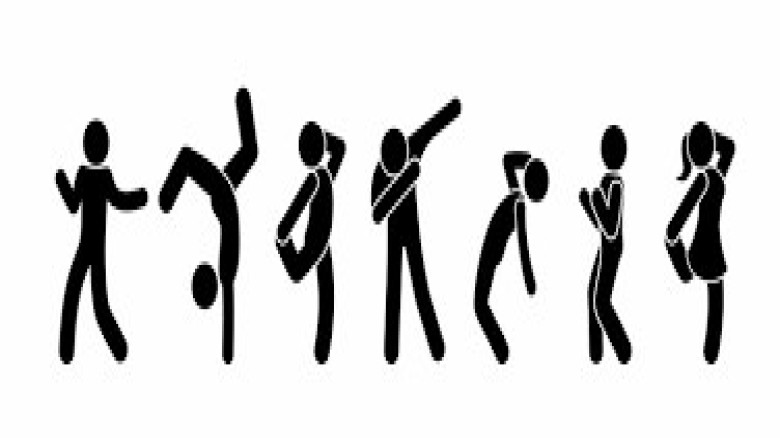HOW SMALL BUSINESSES ARE VALUED BASED ON SELLER'S DISCRETIONARY EARNINGS (SDE)
Small businesses are the heartbeat of any economy, but determining their value can be as intricate as running them. One of the critical metrics used in evaluating these businesses is the Seller's Discretionary Earnings (SDE). Understanding how SDE influences the valuation of small businesses is crucial for both buyers and sellers navigating this intricate landscape.
THE SIGNIFICANCE OF SELLER'S DISCRETIONARY EARNINGS (SDE)
Seller's Discretionary Earnings, often referred to as owner's cash flow, represents the total benefit that a single full-time owner-operator would derive from a business's operation. It encapsulates not only the net profit but also adds back certain expenses or perks that the owner enjoys, providing a clearer picture of the business's actual profitability.
VALUATION AND SDE: THE CONNECTION
When determining the value of a small business, SDE plays a pivotal role. It acts as a starting point for valuation, offering a more comprehensive view of the business's financial health beyond just the bottom line. Potential buyers use SDE to understand the potential return on investment and make informed decisions.
FACTORS INFLUENCING SDE
Several factors contribute to calculating Seller's Discretionary Earnings:
- Owner's Salary and Benefits: This includes the owner's compensation and perks like health insurance, company car usage, or other personal expenses paid through the business.
- Non-Essential Expenses: Discretionary expenses that aren't necessary for the business's core operations, such as excessive travel costs or luxury office spaces, are added back to the net profit.
- Seasonal Variations: Businesses subject to seasonal fluctuations might require adjustments to normalize SDE. Evaluating earnings over a cycle rather than a single snapshot can provide a more accurate representation of SDE.
- Market Trends and Economic Conditions: External factors like market trends and economic conditions can impact SDE. Adapting to market changes and maintaining resilience during economic downturns can safeguard SDE levels.
- Business Location and Lease Terms: The location of a business and its lease terms can affect costs. Favorable lease agreements or strategic locations with lower overhead costs can positively impact SDE.
- One-Time Expenses: Costs that aren't recurring or essential to the ongoing business operations, like a major equipment purchase or a legal settlement, are adjusted.
- Depreciation and Amortization: Non-cash expenses like depreciation and amortization are added back since they don't affect the cash flow.
SDE IN BUSINESS VALUATION
When valuing small businesses, SDE becomes a vital multiplier. Typically, a multiple of the SDE is used to estimate the business's market value. The multiple varies depending on industry standards, business stability, growth potential, and market trends.
For instance, in some industries, the multiplier might range from 2 to 4 times the SDE. A business with a higher growth potential, stable customer base, and robust systems might command a higher multiple, whereas a riskier venture might see a lower multiplier.
STRATEGIES FOR MAXIMIZING SDE
Both buyers and sellers can benefit from understanding how to maximize SDE:
- Clean Financial Records: Maintaining accurate and clean financial records can highlight the true earning potential of a business, increasing its SDE.
- Tighten Operational Efficiency: Streamlining operations and optimizing workflows can reduce unnecessary expenses, thereby enhancing SDE. Implementing efficient processes can also boost productivity, positively impacting the bottom line.
- Customer Diversification and Retention: A diverse and loyal customer base can contribute to stable revenues. Emphasizing customer retention strategies not only secures ongoing income but also enhances the perceived stability of the business, potentially increasing the SDE.
- Invest in Technology and Innovation: Strategic investments in technology and innovation can lead to increased efficiency, reduced costs, and improved profitability, positively affecting the SDE.
- Expense Optimization: Identifying and reducing unnecessary expenses that inflate the SDE can make the business more attractive to potential buyers.
- Growth Opportunities: Demonstrating potential for growth and stability can positively influence SDE and, subsequently, the business's valuation.
Seller's Discretionary Earnings serve as a cornerstone in the valuation of small businesses, offering a comprehensive insight into the true profitability and earning potential. Understanding how SDE influences business valuation is crucial for both sellers aiming to showcase their business's strengths and buyers seeking lucrative investment opportunities. By leveraging SDE effectively, businesses can secure deals that accurately reflect their worth in the market.
In the complex realm of small business valuation, Seller's Discretionary Earnings stand as a guiding light, illuminating the path toward fair and informed transactions.
.png)

.png)













































Leave A Comment
Post a comment
Comments :
Great article! The section on customer engagement reminded me of how effective Instagram campaigns can be. Plus, using WhatsAppWeb for quick customer support is a game-changer. And speaking of tools, I use Gmail and Google Drive daily to keep everything organized. Anyone else?
23 hours ago
I just finished reading this insightful blog post and couldn't help but think about how much I rely on Google for everything. From using Google Maps to navigate to meetings, to translating documents with Google Translate, it’s a lifesaver! Also, have you seen the latest trends on Facebook? So much valuable information!
23 hours ago
Great article! The section on customer engagement reminded me of how effective Instagram campaigns can be. Plus, using WhatsAppWeb for quick customer support is a game-changer. And speaking of tools, I use Gmail and Google Drive daily to keep everything organized. Anyone else? business for sale near me or restaurants near me
23 hours ago